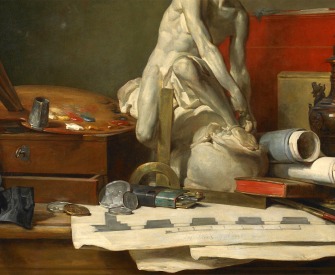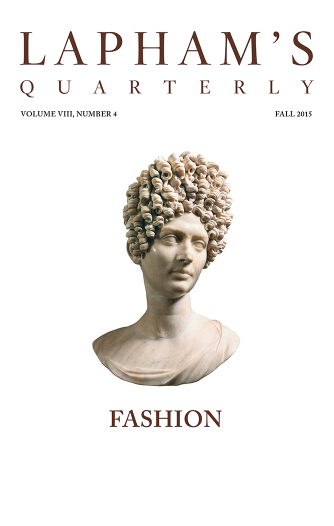Cômo passôu Vm. â nôite?
How have you passed the night?
Mûito mal, não púde dormír. Tíve fébre tôda â nôite. Sínto dôres êm tôdo ô côrpo.
Very bad. I have not sleeped; i have had the fever during all night. I fell some pain every where body.
Vejámos â língua; têm Vm. vontáde dê vomitár?
Live me see your tongue. Have you pain to the heart?
Algúmas vêzes.
Yes, sir, some times.
Está Vm. sequiôso?
Are you altered?
Sím, senhôr; tenho sêde â miúde,
Yes, i have thursty often.
Dêixe-me apalpár-lhe ô púlso.
Let me feel your pulse.
Têm fébre.
It is some fever.
Júlga Vm. â mínha doênça perigósa?
Do you think my illness dangerous?
 súa situação não é dê cuidádo.
Your stat have nothing from troublesome.
Eu vôu escrevêr â recêita pâra mandál-a âo sêu boticário.
It must to send to the apothecary, i go to write the prescription.
Dê quê cônsta ô remédio quê êu dêvo tomár?
What is composed the medicine what i have to take?
Dê rheubárbo, crémor-dê tártaro, etc.
Rhubarb and tartar cream, etc.
Resguardár-se dô frío; ê, êm dôus ôu três días, estará são.
Take care to hold you warme ly, and in two or three days you shall be cured.
Pedro Carolino, from “The New Guide of the Conversation, in Portuguese and English.” When Carolino compiled this book for students in Portugal, he did not know any English; he relied on a Portuguese-to-French phrasebook and a French-to-English dictionary. The published result became popular for its unintended comic value and prompted Mark Twain later in the century to write, “Nobody can add to the absurdity of this book, nobody can imitate it successfully, nobody can hope to produce its fellow.”
Back to Issue




